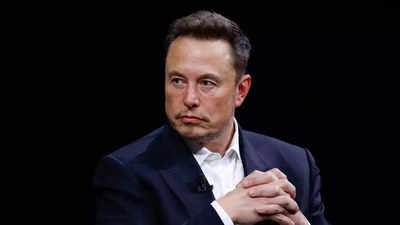
The 2018 package, tied to ambitious performance goals, awarded Musk stock options contingent on Tesla achieving significant market capitalisation and financial milestones. Musk's lawyers plan to appeal, arguing that the compensation package was fair and essential to Tesla's success.
In a rather substantial blow,
Elon Musk
's record-breaking $56 billion
compensation package
from
Tesla
was struck down today by a
Delaware
judge. The ruling upholds a
shareholder
's challenge, declaring the package unfair and exceeding the bounds of corporate governance.
The 2018 package, tied to ambitious performance goals, awarded Musk stock options contingent on Tesla achieving significant market capitalisation and financial milestones.
While Tesla soared under Musk's leadership, reaching a $1 trillion valuation at one point, the judge ruled that the package lacked proper oversight and safeguards against excessive executive pay.
Judge Kathaleen McCormick found that the Tesla board, heavily influenced by Musk, "failed to engage in a meaningful or objective analysis of the compensation package," falling short of their fiduciary duty to protect shareholders' interests. She pointed to the lack of independent compensation consultants, insufficient board negotiations, and the package's potential to grant Musk billions even if Tesla missed some targets.
According to the ruling, McCormick said, “The defendants proved that Musk was uniquely motivated by ambitious goals and that Tesla desperately needed Musk to succeed in its next stage of development, but these facts do not justify the largest compensation plan in the history of public markets.”
Musk's lawyers are expected to appeal the decision, arguing that the package was fair and played a crucial role in Tesla's meteoric rise. They are likely to point out that Musk received no salary or bonuses from Tesla, and that his compensation was solely tied to achieving ambitious performance targets.
What Musk has to say on the decision
Post the ruling, Musk took to X and made a short comment. “Never incorporate your company in the state of Delaware,” he said in the post. “I recommend incorporating in Nevada or Texas if you prefer shareholders to decide matters,” he said in another post. He also started a poll asking users “should Tesla change its state of incorporation to Texas, home of its physical headquarters?”












 English (US) ·
English (US) ·